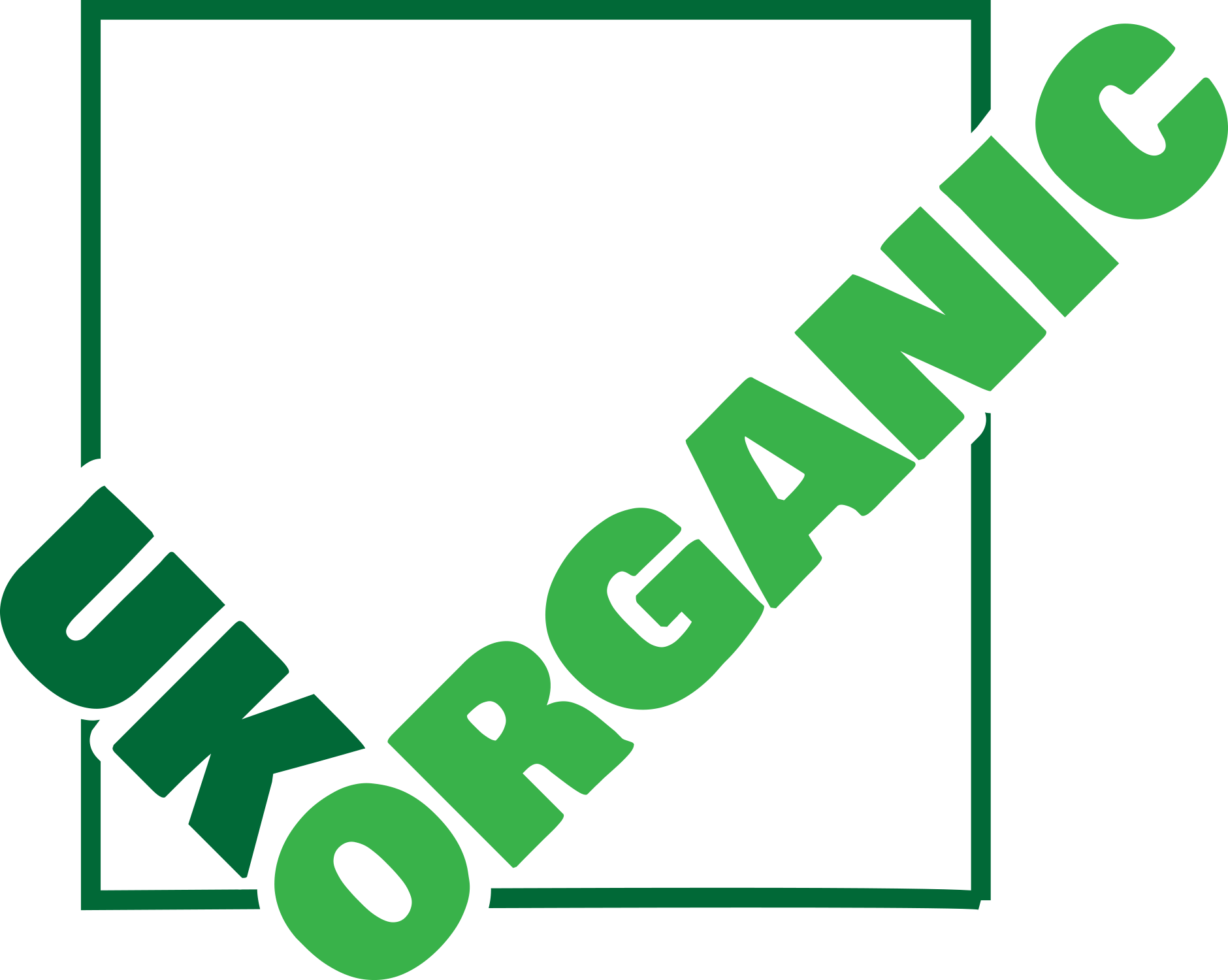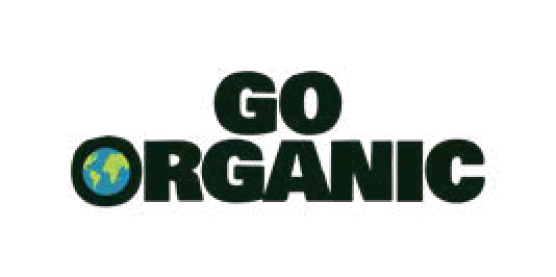Calon Wen is a Welsh organic dairy co-operative made up of 23 dairy farmers including Director, David Edge.
David’s farm, Cop House Farm, was owned by his parents and their parents before them. His grandparents took on the farm in 1945. His grandfather was an arable farmer, growing potatoes and corn, along with a 45 strong dairy herd, sheep, pigs and poultry too.
When he left school, David knew he didn’t want to work in an office, preferring to be outside, so he embarked on an HND in Agriculture.
Converting to organic
David started conversion to organic in 2007. The decision came about as the dairy industry was focussing on increasing production, yield and cutting costs and it seemed never-ending, so he decided that there had to be a better way to be a dairy farmer and so began the conversion process.
By converting to organic, David missed the first financial crisis and several subsequent price drops in the conventional market over the last 9 years.
Conversion has resulted in more contented cows and therefore a more contented farmer and family. During this time, business has continued to grow and the farm now has a herd of between 250 – 300 dairy cattle.
The farm is run on a similar basis to his grandfather’s, with crops grown in rotation to control weeds and some of the corn fed back to the cows. David has also installed solar panels which power the milking parlour.
Calon Wen
David joined Calon Wen in 2009. The dairy co-operative was originally set up in 2000 by 5 dairy farmers, including Richard Tomlinson, Dai Miles and Owen Lort Phillips.
The benefits of being part of a dairy co-operative include pooling resource to market and build one brand. It also helps with negotiating a price for milk. All members of the co-operative have a stake in the company, so effectively own it and all profits get paid back to members.
The co-operative produces the full range of dairy products including milk, butter, cheddar cheese, fruit yoghurts and frozen yoghurts. It has built up a good business over its 19 years and now supplies major retailers including Tesco, Asda, Morrisons, Ocado and some Waitrose stores.
They also supply Pret a Manger and Leon with their organic milk, as well as some independent specialist food stores and small shops in Wales, London and the South West.
Like many organic companies, Calon Wen have recognised that export markets are very buoyant for organic. They are currently working towards developing an export market and have started selling to Hong Kong, Dubai and Qatar.
While converting to organic has proven to be good for business for David as an individual dairy farmer and Calon Wen collectively, at the heart of their businesses is the commitment to high animal welfare standards and the environment. Their commitment to working in harmony with nature led to their involvement on a research project aiming to increase pollinator numbers and species.
Organic farming and pollinators
Recent years we have seen a huge decline in UK pollinators such as wild bees and butterflies. This is reflected in latest research from a review of 73 studies which found that over 40% of insect species were in decline worldwide, stating “habitat loss by conversion to intensive agriculture is the main driver of the declines”.¹
These insect species play an essential role in our ecosystem generally and specifically in the agriculture system as they pollinate many vegetables and fruit, including some of the foods that are used to feed livestock.
One of the ways that this dramatic decrease in insects can be prevented is through organic farming as it works with nature. For instance, using fewer or no pesticides* and crop rotation which delivers nutrients from livestock back into the soil, boosting earthworm numbers.
Organic farmers also maintain grasslands, banks, ponds, leys and hedgerows, with organic standards prohibiting the cutting of hedgerows between April and August. Research has found that on average, plant, insect and bird life is 50% more abundant on organic farms, with around 30% more species and larger bumblebee populations.²
Pasture for pollinators
With a focus specifically on grassland and leys as key to pollinator population, six farmers from the Calon Wen Co-operative are working with the Bumblebee Conservation Trust, the RSPB and independent consultant Tony Little, on research that looks into how best to boost pollinator numbers on their farms over the life of a three year project called Pasture for Pollinators.
The study is funded by the European Innovation project Farming Connect, and is now in its second year.
Research remit
The research project aims to assess whether leaving pasture uncut and/or introducing specialised seed mixtures to the leys (bird’s-foot trefoil, red clover, white clover, sweet and alsike clover and yarrow) helps to boost pollinator numbers and species including bumble bees and butterflies. These interventions are being measured against control areas.
The research will determine the viability making these changes without loss of silage production and therefore profitability.
Following on from last year’s drought they have adapted the mixed forages that they plant to include more drought resistant varieties such as plantain, chicory, rye grasses and lucerne.
The researchers are assessing whether changing the time of year that cattle graze on flower-enriched pastures has an impact on pollinator numbers. Also, whether delaying cutting for silage impacts on pollinator numbers and species.
Most arable farmers do leave a permanent corner of the field uncut. The method being employed in this study keeps the whole farm in production, so parts of the field are being left uncut on a rotational basis. Doing it this way means the uncut areas don’t turn to scrub so are more beneficial to pollinators.
The first year’s results are looking good so far with more pollinators on the pastures that have been left and the project is likely to provide an example of good practice for other farmers.
*Calon Wen like many organic dairy farmers use no pesticides.








